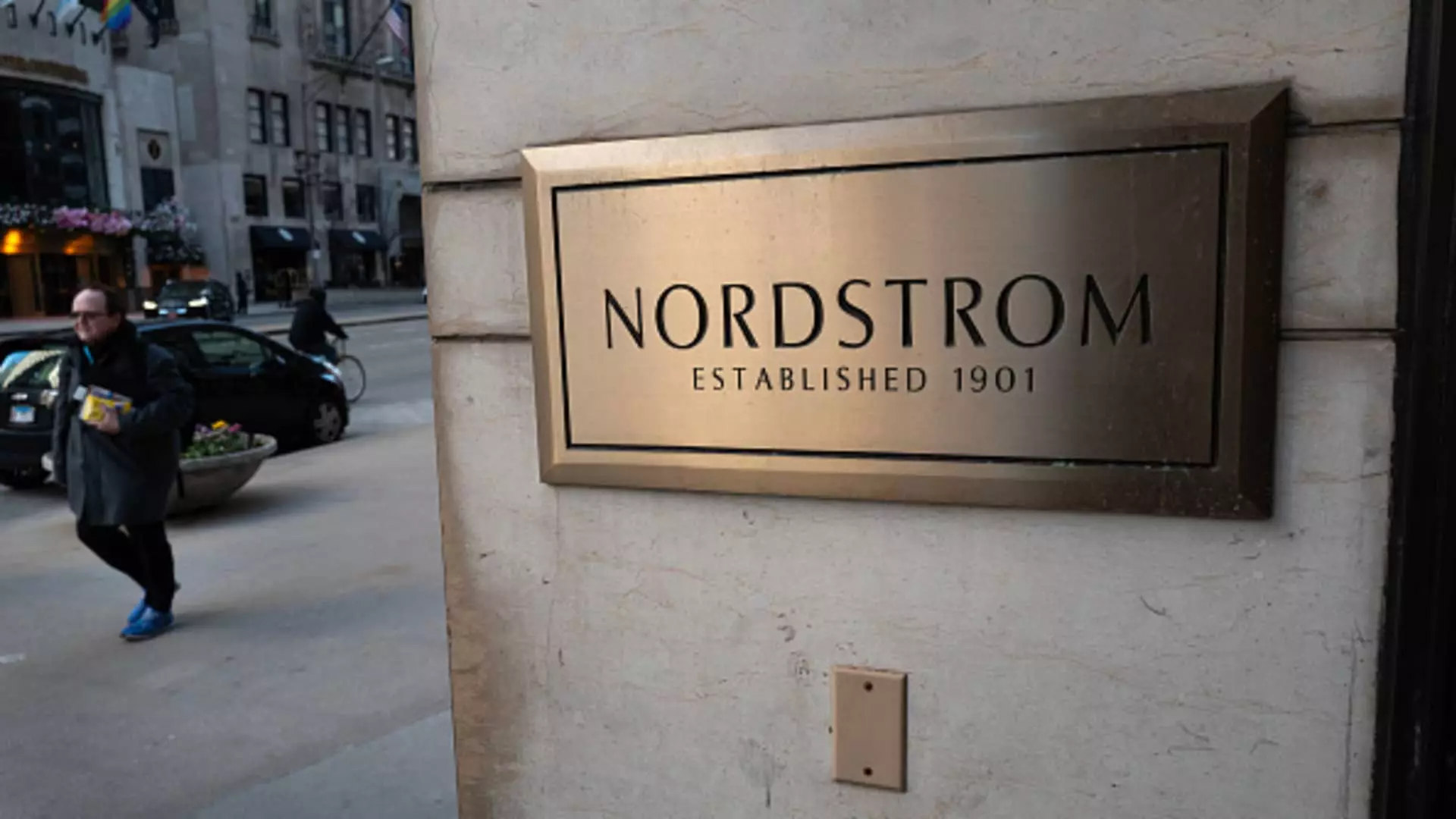On Monday, Nordstrom made headlines with the announcement of its transition to private ownership through a buyout valued at approximately $6.25 billion. This strategic move comes courtesy of the iconic department store’s founding family, in collaboration with the Mexican retail giant El Puerto de Liverpool. The board of directors expressed unanimous consent, and the acquisition is projected to finalize in the first half of 2025. Once the deal is sealed, the Nordstrom family will retain a controlling interest of 50.1%, leaving Liverpool with 49.9%. Current shareholders stand to benefit from the transaction as they will receive $24.25 in cash for each share they own, indicating a significant return on their investment.
Erik Nordstrom, the company’s CEO, conveyed a sense of optimism about this new direction for Nordstrom. In a press release, he emphasized the company’s enduring commitment to customer satisfaction, which has been integral to its ethos for over a century. The familial leadership projected an eagerness to collaborate with the existing teams, underscoring their commitment to ensuring that Nordstrom evolves successfully into the future. This leadership statement reflects a consciousness of both heritage and the need for innovation in a continually shifting retail landscape.
The decision to go private is not entirely unprecedented for Nordstrom. A similar initiative was attempted back in 2018, but it did not materialize, indicating that this recent development aligns with a long-term vision of the Nordstrom family. Earlier this year, they proposed an offer of $23 per share, which estimated the company’s valuation at about $3.76 billion. This renewed commitment, along with prior indications of interest from the family regarding taking the company private, reflects a strategic pivot in response to the challenges facing retail today.
Notably, the company’s stock remained relatively stable during early trading following the announcement. In recent months, Nordstrom experienced fluctuations in its stock price, particularly after raised expectations were reported by financial news outlets. While they surpassed sales expectations in November, the company’s outlook for the holiday season appeared guarded, highlighting prevailing uncertainties within the luxury retail sector. Major retailers, including Walmart and Target, reported a cautious consumer base that prioritizes essential purchases over luxury items, reflecting a broader trend impacting various sectors.
With over 350 retail locations, including flagship Nordstrom stores and Nordstrom Rack outlets, the company has carved its niche in the global market. The participation of El Puerto de Liverpool—operator of prominent Mexican chains and shopping centers—signals potential for expanded reach, particularly within the Latin American retail context. The collaboration could usher in new operational strategies, introducing fresh approaches that blend Nordstrom’s legacy with Liverpool’s experience in the Mexican retail market.
Nordstrom’s transition to private ownership is poised to reshape its business trajectory, driven by a familial commitment to tradition and a clear vision for the future. As it navigates the complexities of consumer behavior and market demands, the company appears prepared to adapt and thrive in an evolving landscape.


Leave a Reply